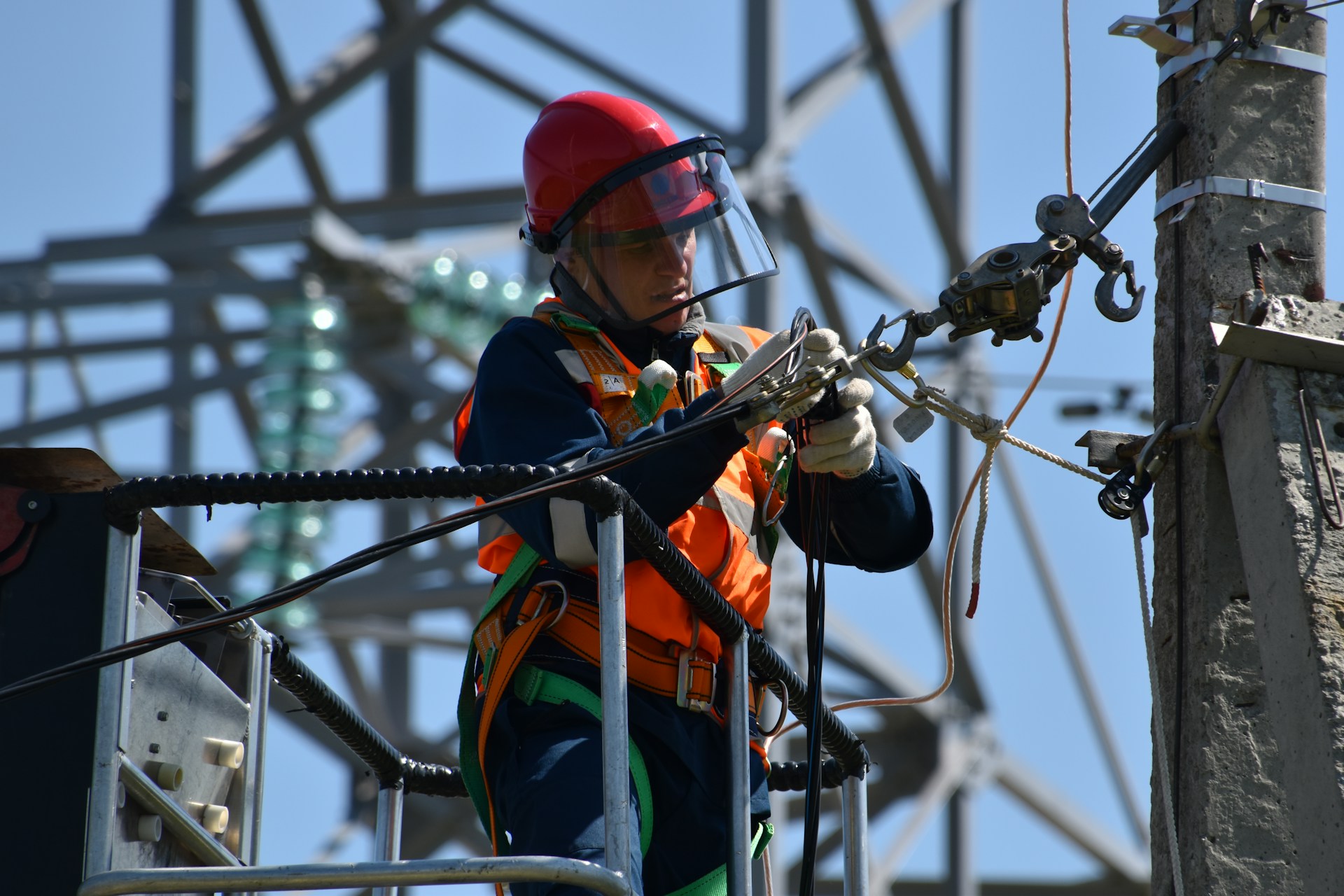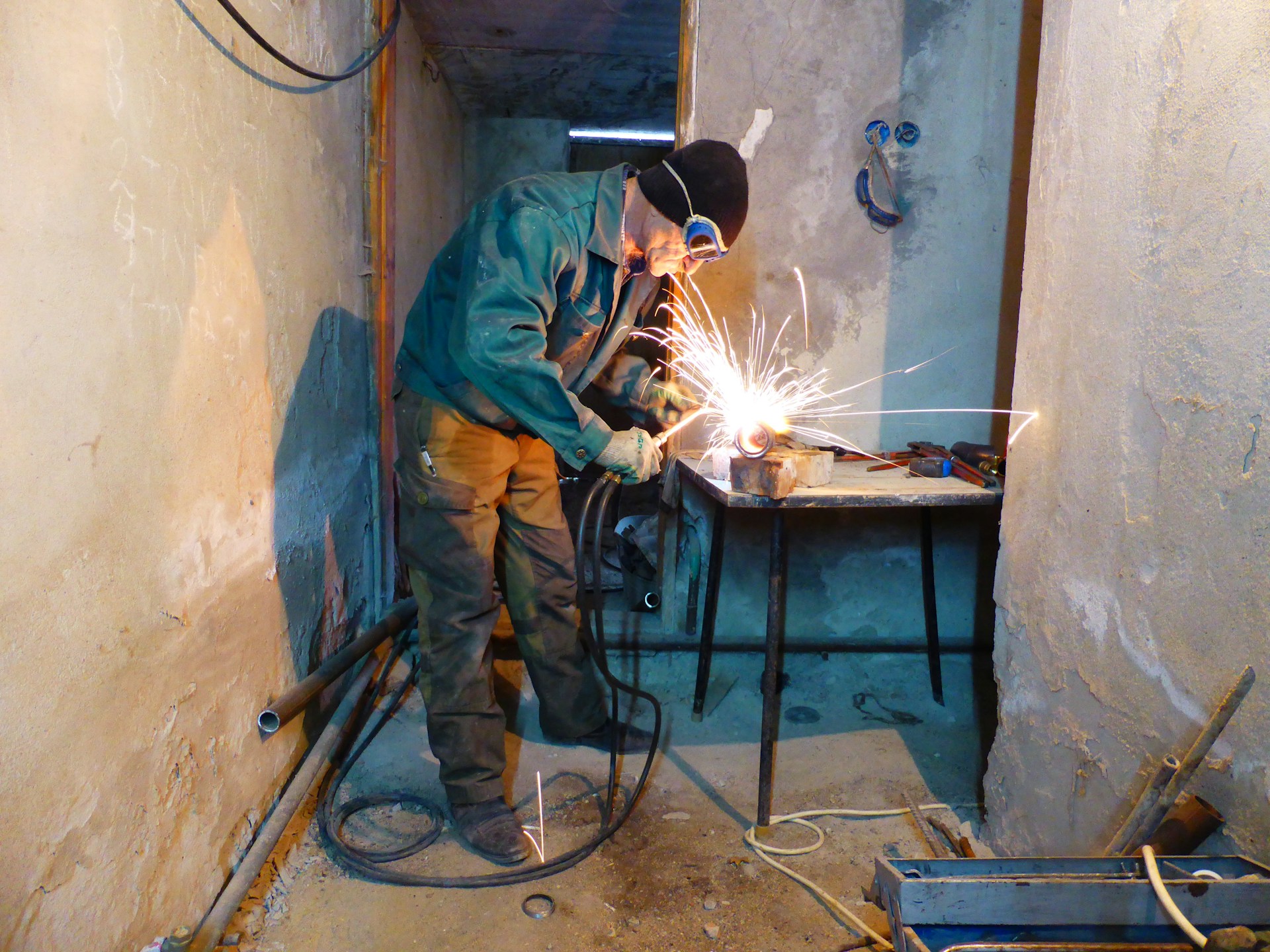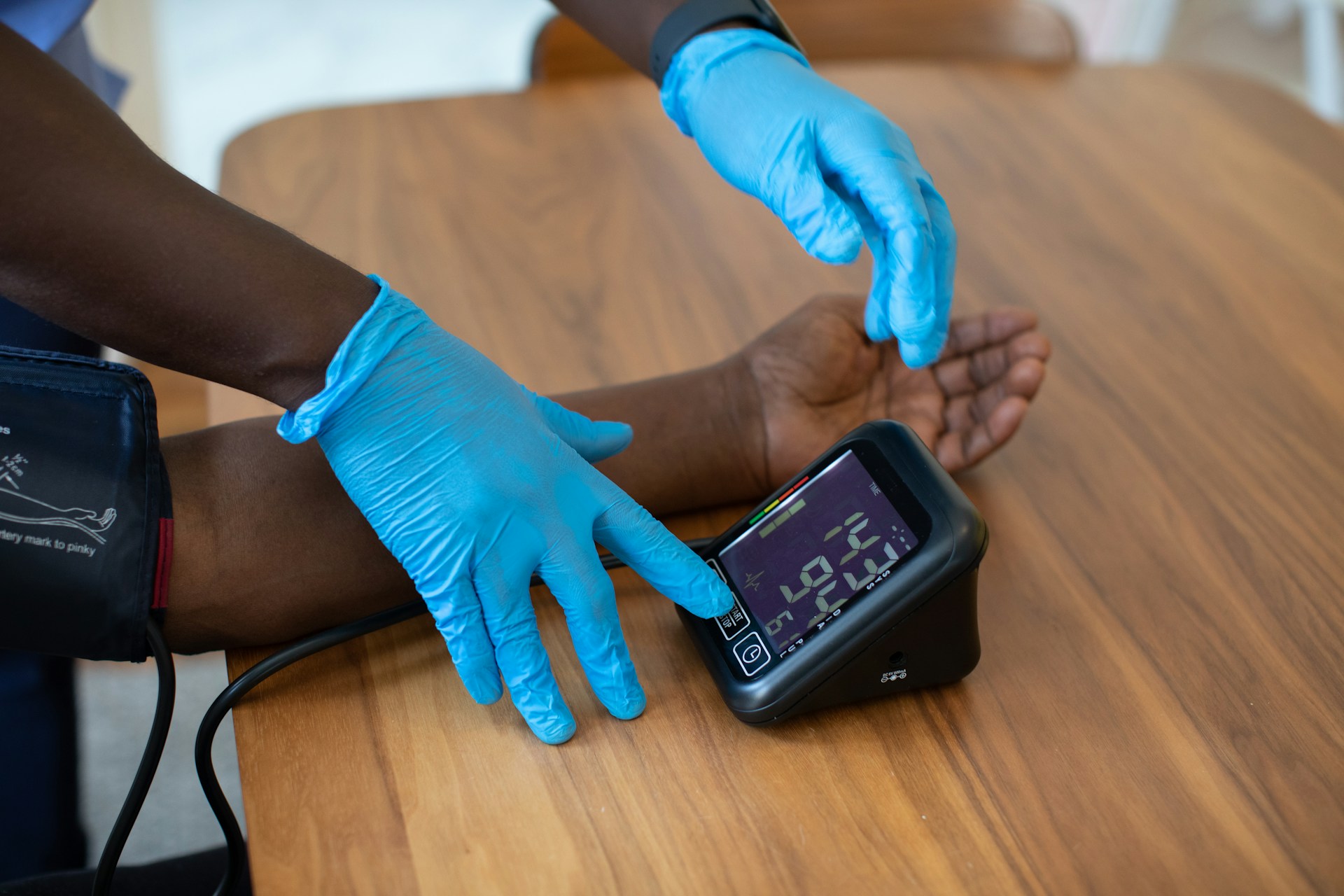
Trust forms the foundation of any healthy relationship, but what happens when that foundation cracks under the weight of betrayal? Whether it’s caused by infidelity, broken promises, or emotional dishonesty, betrayal can significantly damage a couple’s connection.
While rebuilding trust after betrayal may seem insurmountable, it is entirely possible with commitment, communication, and the right tools.
This guide offers actionable steps for couples seeking to restore their bond, move forward, and rediscover intimacy. From understanding the impact of betrayal to fostering open dialogue, we’ll explore key strategies for overcoming betrayal together.
Understanding the Impact of Betrayal
What Betrayal Does to Trust
Betrayal disrupts the emotional safety that trust offers. It can cause feelings of anger, resentment, fear, and insecurity. Here’s how it commonly affects relationships:
- Erosion of Emotional Intimacy: Partners may withdraw emotionally, creating distance.
- Heightened Anxiety: Doubts and fears lead to second-guessing and a lack of confidence in the relationship.
- Damaged Self-esteem: Especially for the betrayed partner, feelings of inadequacy may surface.
It’s essential to acknowledge that these reactions are valid and part of the healing process before taking steps to rebuild trust.
Taking Responsibility
For healing relationships to begin, both partners must assume responsibility:
- The partner who committed the act of betrayal must fully acknowledge their actions and show genuine remorse.
- The betrayed partner should acknowledge their feelings without blaming themselves for the betrayal.
By creating a foundation of accountability and clarity, the path to reconciliation begins.
Steps to Rebuilding Trust After Betrayal
Step 1. Open and Honest Communication
Clear communication is critical for addressing the root causes behind betrayal and rebuilding trust. Here’s how to get started:
- Practice Transparency: Share feelings, thoughts, and intentions. The partner who betrayed trust should answer questions openly to provide clarity.
- Listen Without Judgment: Both partners must focus on understanding the “why” behind each other’s feelings rather than reacting defensively.
- Use “I” Statements: Say, “I feel hurt because…” instead of “You broke my trust,” to create a non-confrontational dialogue.
Step 2. Set Boundaries and Expectations
New boundaries prevent the recurrence of harm and create a sense of emotional safety.
- Define Clear Rules: Discuss relationship rules that help repair trust, such as being open about interactions with others or creating structured quality time.
- Share Expectations: Both partners should clarify their needs for moving forward.
By establishing boundaries, couples can move toward a healthier dynamic.
Step 3. Seek Professional Guidance
Sometimes, healing a relationship requires external support. Therapy offers a safe space to explore pain, develop strategies, and work toward reconciliation. Searching for terms like affordable therapy near me can connect couples to valuable resources.
Whether engaging in couples counseling or individual therapy, a professional therapist can help couples unpack and process complex emotions while guiding the rebuilding process.
Practical Tools for Trust Restoration
Build Emotional Connection Through Acts of Trust
Rebuilding trust isn’t an overnight process. Both partners must commit to daily efforts:
- Follow Through: Keep promises to rebuild reliability.
- Engage in Small Acts of Trust: Start with simple agreements, like showing up on time, to slowly rebuild confidence.
- Schedule Check-ins: Incorporate regular conversations to express progress and areas of concern.
Practice Forgiveness
Forgiveness doesn’t mean condoning betrayal, but it helps release resentment, enabling both partners to move forward. Steps to practice forgiveness include:
- Acknowledge the Hurt: Name the emotions caused by betrayal.
- Understand the Partner’s Perspective: Compassion fosters empathy and understanding.
- Commit to Forgiveness: Choose to forgive while setting realistic boundaries to avoid future hurt.
Real peace comes with forgiveness, as it allows both partners to grow.
Reignite Intimacy
Rebuilding emotional and physical intimacy is vital for healing relationships. Steps may include:
- Gradual Reconnection: Start small by sharing meaningful activities like going for a walk or cooking together.
- Explore Love Languages: Understand and express love in ways your partner values most.
- Redefine Your Relationship: Create new shared goals that strengthen your partnership.
Common Challenges When Overcoming Betrayal
What to Do When Trust is Slow to Rebuild
Patience is key. Some partners may struggle with doubts even after significant progress. To address these challenges:
- Celebrate Progress, Not Perfection: Acknowledge small victories instead of focusing on setbacks.
- Revisit Boundaries and Goals: Adjust relationship efforts to address what’s working and what’s not.
How to Handle Relapses
Healing isn’t always linear. If trust falters:
- Maintain a focus on open communication.
- Take a moment to revisit why you’re rebuilding the relationship in the first place.
- Lean into the support of a therapist.
The key is to recognize that progress is still progress, even if some emotional setbacks occur.
Key Benefits of Working Through Betrayal
Why Saving the Relationship Can Be Worth It
Couples who succeed in overcoming betrayal often report the following benefits:
- Stronger Bond: Facing challenges together can create a deeper connection.
- Improved Communication: Working on trust builds healthier dialogue skills.
- Mutual Growth: Both partners often become more self-aware, empathetic, and emotionally mature.
While the process may be challenging, healing relationships can yield profound rewards for both individuals and their partnership.
Final Thoughts
Acknowledging betrayal and embarking on a shared healing process is no easy task, but with commitment and effort, trust can be restored.
Open communication, established boundaries, forgiveness, and professional guidance are invaluable tools for couples committed to overcoming betrayal together.
If you feel overwhelmed, looking for affordable therapy clinics may be the first step toward achieving the reconciliation and growth you hope for. A professional therapist can help guide you and your partner toward a more honest and fulfilling relationship.
No relationship is perfect, but with effort and understanding, it’s possible to rebuild trust and create an even stronger connection.



















































